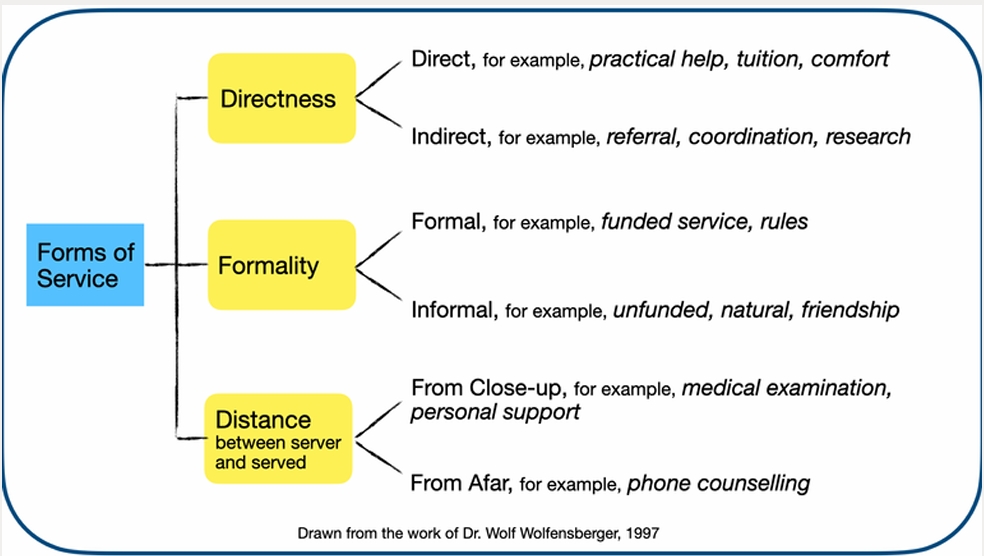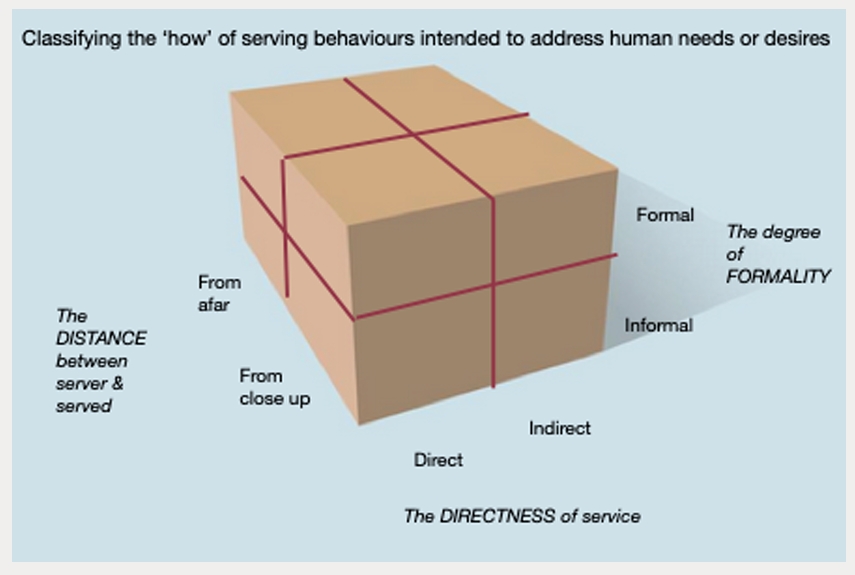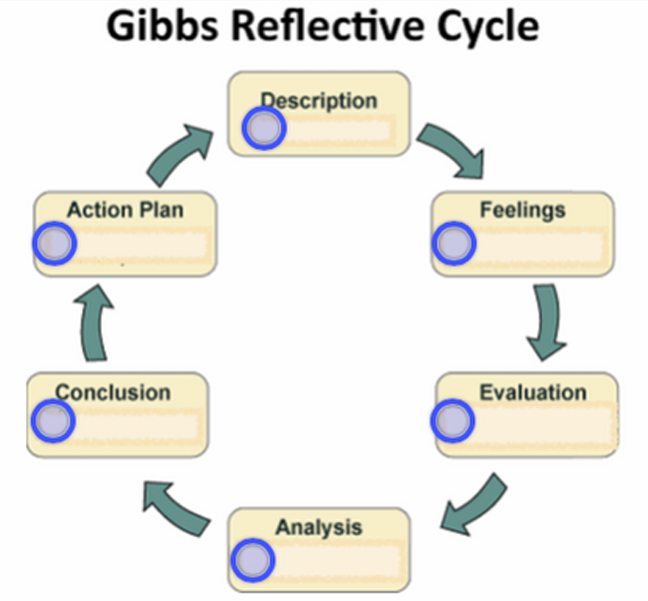In the realm of caregiving and support services, there exists a delicate equilibrium between honouring an individual’s autonomy and ensuring their safety and well-being. This balance is epitomized by the juxtaposition of the concepts of “dignity of risk” and “duty of care.”
Dignity of Risk encompasses the fundamental human right to make choices and take risks that are inherent to leading a fulfilling life. It acknowledges that every individual, regardless of ability or circumstance, should have the freedom to pursue their goals, make decisions, and experience the consequences, both positive and negative. Dignity of risk recognizes that without the opportunity to explore and engage in new experiences, personal growth and self-determination are stifled. It emphasises the importance of treating individuals with respect and acknowledging their agency, even if it means accepting potential risks or uncertainties.
On the other hand, Duty of Care represents the obligation of caregivers, service providers, and society as a whole to ensure the safety, well-being, and protection of vulnerable individuals. It underscores the responsibility to prevent harm, provide support, and mitigate risks to the greatest extent possible. Duty of care necessitates a commitment to safeguarding individuals from harm, abuse, or neglect, and prioritizes their physical, emotional, and psychological welfare above all else. It recognizes the inherent power imbalance between those providing care and those receiving it, emphasizing the need for trust, accountability, and adherence to ethical standards.
Navigating the tension between these two principles requires a nuanced approach that considers the unique needs, preferences, and capacities of each individual. It involves engaging in open dialogue, collaborative decision-making, and holistic assessments of risks and benefits. Central to this process is fostering a culture of respect, empowerment, and person-centered care, where individuals are actively involved in determining their own goals, preferences, and boundaries.
Effective integration of dignity of risk and duty of care involves:
- Individualized Assessment: Conducting thorough assessments to understand an individual’s capabilities, preferences, and support needs.
- Informed Decision-Making: Providing individuals with relevant information, resources, and support to make informed choices and assess potential risks.
- Collaborative Planning: Engaging in collaborative decision-making processes that involve individuals, caregivers, and support networks to develop personalized care plans that balance autonomy and safety.
- Continuous Monitoring and Review: Regularly monitoring individuals’ well-being, reassessing risks, and adjusting support strategies as needed to ensure their safety and satisfaction.
- Promoting Independence: Encouraging and empowering individuals to build skills, confidence, and resilience, enabling them to exercise greater autonomy and navigate risks more effectively.
Striking the right balance between dignity of risk and duty of care is not always straightforward, and it requires ongoing reflection, flexibility, and a commitment to upholding the rights and dignity of every individual. By embracing these principles and fostering a culture of respect and empowerment, we can create environments where individuals can live meaningful and fulfilling lives while receiving the support and protection they need.




